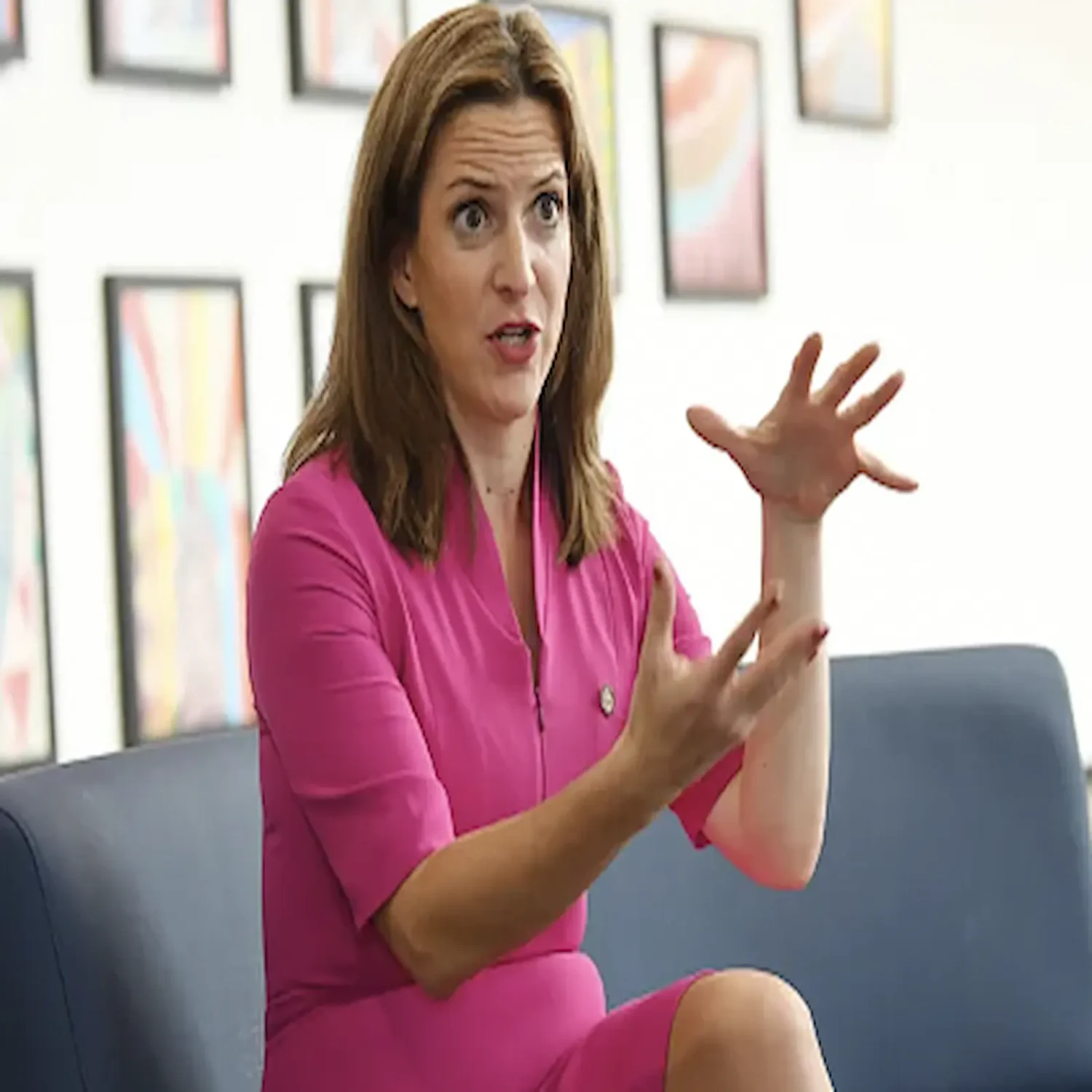Benson seeks Nessel’s opinion on electronic voting for overseas military families

Secretary of State Jocelyn Benson has asked Attorney General Dana Nessel for a formal opinion on whether a newly minted state law allowing overseas military members to vote electronically can be extended to apply to their families, other overseas voters and some individuals with disabilities.
Nessel’s office still is reviewing the Nov. 10 request, which was first uncovered by FOIA Services Michigan.
The request is sure to ruffle feathers with the outgoing Republican legislative majority, which specifically excluded military family members from being allowed to vote electronically when they negotiated the bill with Gov. Gretchen Whitmer this fall.
“That’s clearly not what was passed,” said Garrett Wheat, chief of staff for Sen. Ruth Johnson, R-Holly. “In our opinion, actively serving military members are their own class because they are in a unique circumstance where they may be deployed to a military zone or serving on a ship.”
He added that while requiring military members to provide a “Department of Defense verified electronic signature” to vote electronically may exclude their family members, it also helps to keep the process secure and verify the identity of the individual voting.
Still, Wheat acknowledged the addition of family members or other overseas voters to the law could be a policy matter “the new Legislature can look at,” referring to the Democratic majority set to take office in January.
In a statement Friday, Benson said she believed the new electronic voting law should be extended to overseas military family members and citizens as well as people with disabilities.
“I am committed to ensuring that all citizens registered to vote in Michigan have equal access and ability to make their voices heard in our elections and that our state laws are fully compliant with federal law, voting rights and our Constitution,” Benson said.
The Legislature voted in October to legalize electronic voting for active, overseas military members as part of a package of election-related bills it negotiated with Whitmer.
When the package was approved, Benson criticized the electronic voting provisions because they stopped short of allowing spouses of military members to vote a ballot electronically. The Detroit Democrat has long pushed for the policy.
In her Nov. 10 letter, Benson, whom the law tasks with creating rules to implement electronic voting by the 2024 election, asked Nessel for guidance as to the legality of implementation rules that excluded military family members and persons with disabilities.
Benson inquired whether constitutional equal protection clauses required the secretary of state to extend electronic voting rights to all individuals protected by the federal Uniformed and Overseas Citizens Absentee Voting Act, which requires ballots be made available to military members, eligible family members and overseas citizens.
“Because they are not ‘eligible members’ as defined by the act, and because the act requires use of a ‘United States Department of Defense verified electronic signature,’ eligible military family members and other overseas voters would not be afforded this ability under the act,” Benson said of the new electronic voting law.
“The U.S. Constitution’s Equal Protection Clause provides that no state shall ‘deny to any person within its jurisdiction the equal protection of the laws.'”
Benson also inquired whether the Americans with Disabilities Act would require the secretary of state to extend electronic voting privileges to individuals with print disabilities.
Currently, the state allows individuals with a disability that interferes with reading or writing to use a portal to receive and complete a ballot electronically, but requires them to print and return a paper ballot.
“Current law and practice do not provide for electronic return of a voted ballot by voters with print disabilities,” Benson wrote.